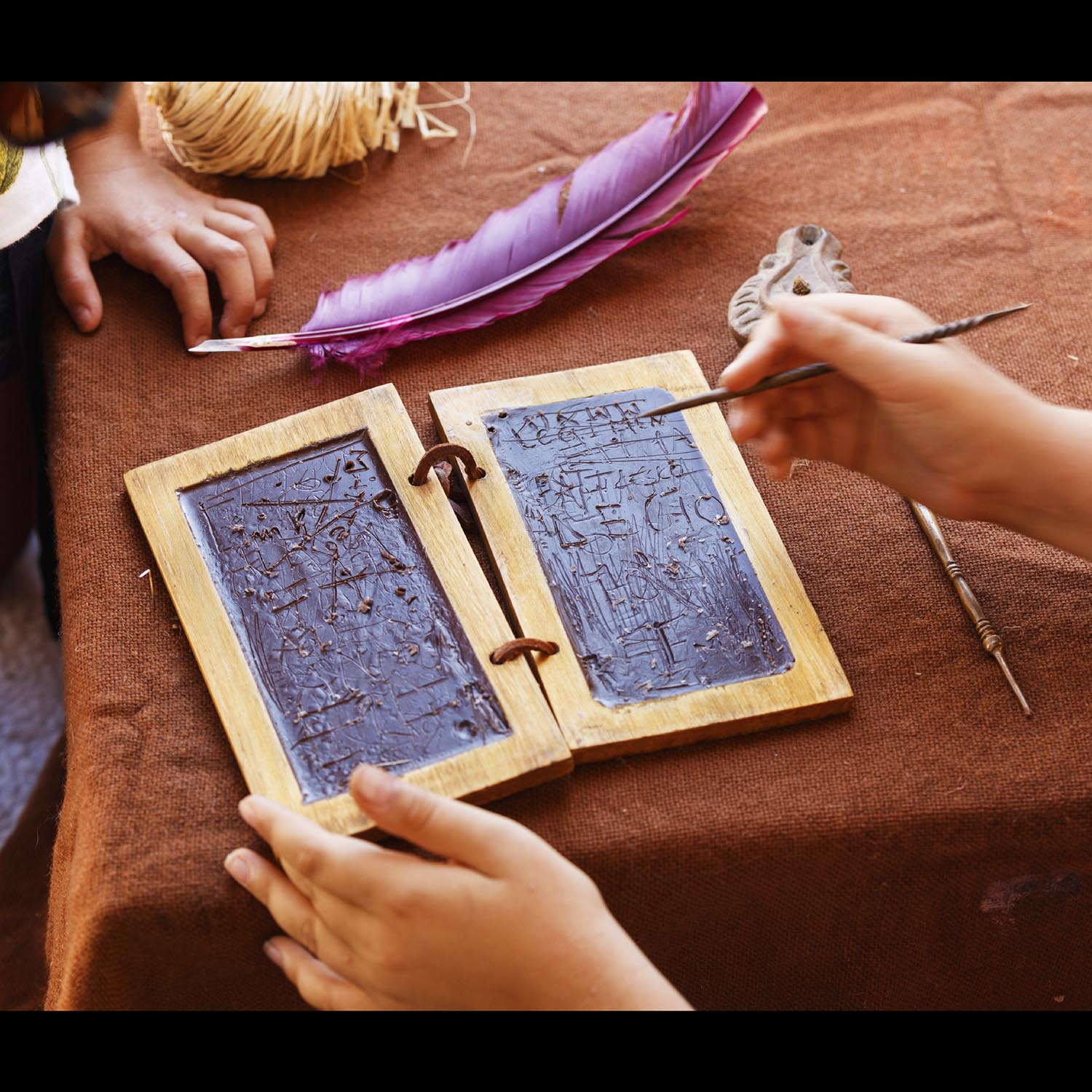
The hardest thing about teaching people how to write is teaching them to make mistakes, to not be afraid, and to write what they want to write. Most of my students were more concerned with the product than the process, which is what kills good writing. How can someone produce a good piece of writing if s/he is counting how many points I will take off for each grammatical error? How can an essay be enticing if the author’s main concern is where their thesis statement belongs, or that there are only two body paragraphs in the essay instead of three? How can a teacher teach someone to write if they are expected to count the grammatical errors, or evaluate the formulaic essay? That is one reason I stopped teaching. I was a hypocrite! Writers become writers when they take risks when they learn how to enter the zone, when they make a million mistakes, delete drafts, and revisit a piece over and over again. How could I not teach that? I was not an effective teacher because I couldn’t teach my students that their process of writing was valuable. Standardized education teaches students to earn a grade in the same way that they will earn a salary someday.

The new audience for a high school student is a computer that can grade a paper objectively. Do computers remember a piece that made them laugh or cry? Do computers get blown away by something a student wrote? Do computers know where that piece started and ended? Do computers know that sometimes a subject only deserves one paragraph? How can a piece of writing be evaluated without emotion?

I stopped teaching because the audience is the most critical part of the process. It is hypocrisy to teach that it is not. I had become too comfortable in my public-school-pension-cocoon, so at 56 I gave up the better pension, stuffed all of my stuff in my attic, rented out my house and headed to Malaysia. After four months working for an e-learning company, I suddenly found myself in a position as a team leader because I was the only one willing to take the risk and do it. Taking this risk has given me a chance to grow. I find myself jazzed by the challenge and the knowledge I have gained about people, process, language, and business. And I have not gained this knowledge without a few mistakes along the way. Now, I am not a hypocrite. I can ask people to take risks, make mistakes, meet impossible deadlines, and rewrite, or restart. However, here in an office, in a country far away from my own, I see the writers suffering from the non-risk-taking syndrome. They, like my students, balk at rewriting their work, doing something more than once, or doing something differently. These are people who were raised in the 60’s and 70’s. Weren’t their masters Jack Kerouac, Ken Kesey, Alan Ginsburg, Toni Morrison, Gloria Steinem, Margaret Atwood to mention a few?
So I leave you with the introduction to this piece, which just became the conclusion. Sometimes when I start to write a piece for this blog, I look at the other posts and my critical voice tells me this is all wrong. I am not following the rules. When I search a site that lists trending topics, I am wrong again. No one seems to be interested in Indonesia or stranded cars in Mexico. So what to write? I want to tell the world what to do. I want to be funny and opinionated. I want to write about being an expatriate, about lessons learned, about being a teacher, about my two-year walkabout. . . So that is what I am going to do.


















